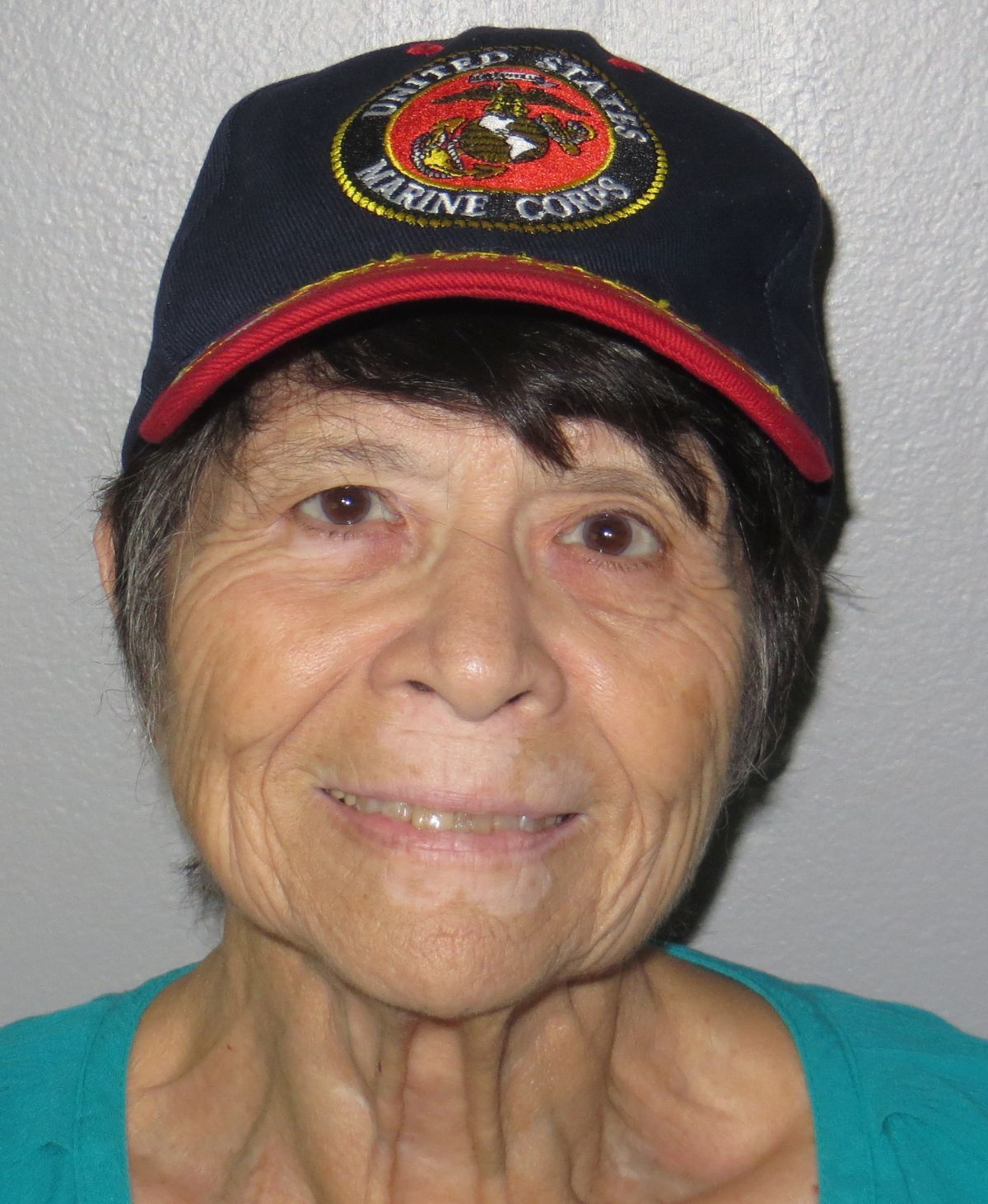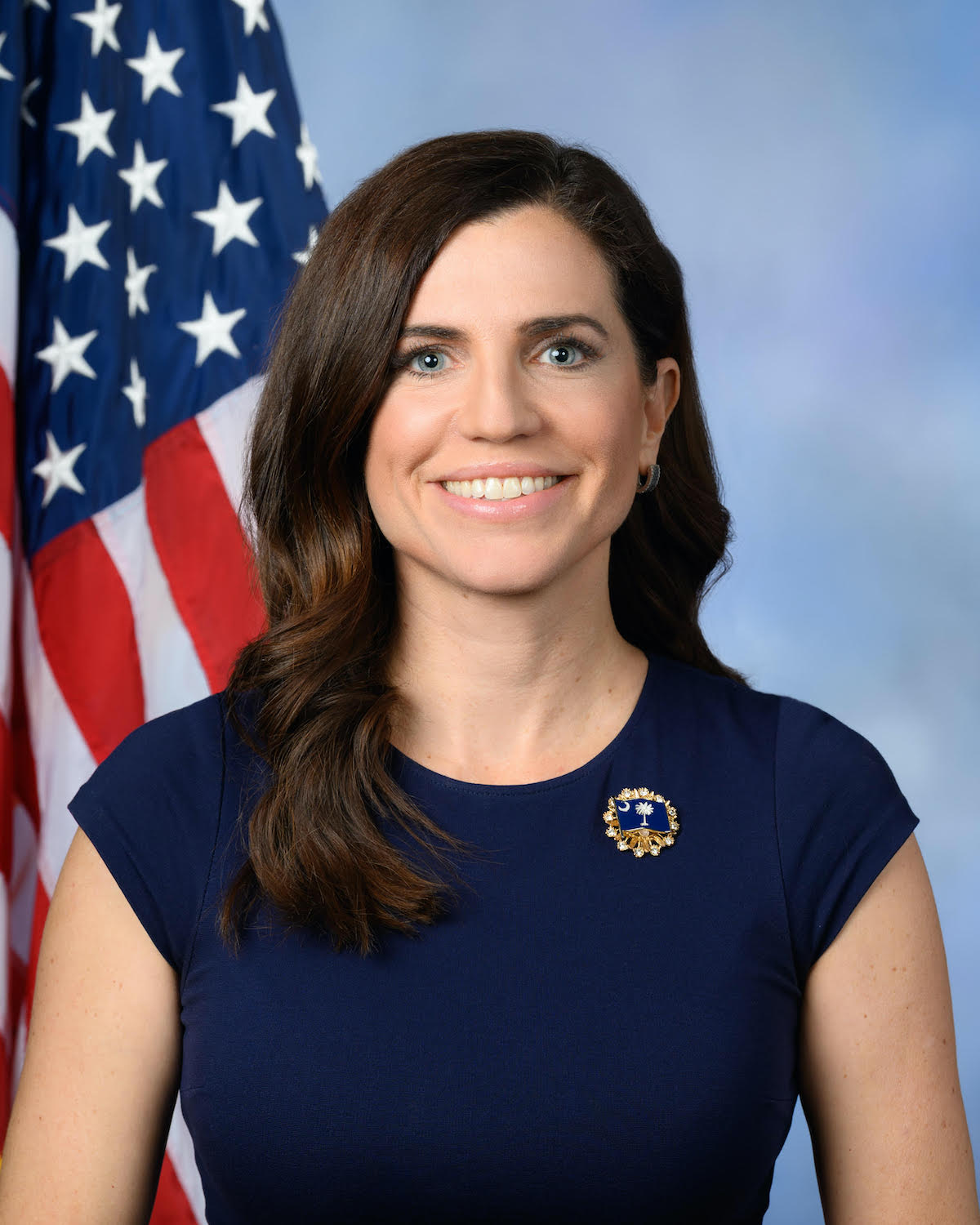By Larry Dandridge
Veterans should read the information on the VA’s webpage titled “VA Health Care Income Limits”, at https://bit.ly/45lrI0D to get answers to common questions about income limits for VA healthcare. Veterans can check current health care income limits at the VA webpage titled “Income Limits and Your VA Health Care” at https://bit.ly/45gCIw9.
How to apply for VA Healthcare
Veterans should apply for VA HealthCare. Follow the instructions at the VA webpage “Apply for VA Health Care” at https://bit.ly/3yXSIaj. Veterans can apply online, by phone, by mail, or in person at the veteran’s nearest VA Medical Center or Community-Based Outpatient Clinic. Learn more about enrolling in VA HealthCare in The Island News article, “Reasons all Veterans Should Enroll in VA Health Care,” from January 3, 2024, at https://bit.ly/3KIolqI.
VA healthcare priority groups
According to the VA website “VA Priority Groups” at https://bit.ly/41UB9Rp, when a veteran applies for VA healthcare, the VA will assign the veteran to one of eight priority groups. This system ensures that veterans who need care right away can get signed up quickly.
It also helps ensure the VA can provide high-quality care to all veterans enrolled in VA healthcare. The veteran’s priority group may affect how soon the VA signs the veteran up for health care benefits and how much, if anything, the veteran will have to pay towards the cost of care.
Learn more about priority groups in The Island News article, “Veterans Should Know Their VA Priority Group,” from January 5, 2022, at https://bit.ly/40uWyQ9.
VA healthcare income limits
The VA publishes current annual income limits for VA health care each year. These limits may affect a veteran’s VA health care eligibility and costs. Some veterans are eligible for free care for non-service-connected conditions based on their VA disability rating, pension payments, or other factors (like receiving the Medal of Honor). If you’re not eligible based on these factors, you may still be eligible if your income falls below the VA’s income limits.
Income limits change each year and depend on where the veteran lives, if he or she has a spouse or other dependents, and if the veteran has certain deductible expenses.
What the VA counts as income for healthcare income limits
The VA counts last year’s income from everyone in the veteran’s household. A veteran’s household includes the veteran and his or her spouse and dependents. The VA counts these types of income: Gross income from any jobs (before subtracting taxes and deductions), Net annual income from a farm, property, or business (after subtracting taxes and deductions), and some other sources of income that don’t come from a job.
Gross income includes any of these: wages, bonuses, tips, and severance pay. Other income includes money from sources like retirement benefits, unemployment, VA compensation, money from a home sale, and investment interest.
Expenses the VA deducts for healthcare income limits
The VA deducts these expenses from last year to lower the amount of money they count as a veteran’s income for healthcare eligibility: non-reimbursable medical expenses, educational expenses for the veteran’s college or vocational training, and funeral/burial expenses for a deceased spouse or dependent child.
Non-reimbursable medical expenses include costs the veteran or veteran’s spouse paid on medical expenses for the veteran and dependents, or others the veteran has the moral obligation to support. This includes costs for these types of health care: Doctor or dentist appointments, Medications, Medicare or health insurance, inpatient hospital care, and nursing home care.
College and vocational expenses include payments for expenses related to the veteran’s education: tuition, books, fees, and course materials. Veterans can only include expenses for their education.
The VA verifies the income information a veteran provides for healthcare. If the information the veteran provides shows that their income falls below VA limits and qualifies the veteran for free VA health care, medications, or both, the VA must verify the information. The VA does this confirmation with the Internal Revenue Service and the Social Security Administration.
How do veterans check their income limits?
Some Veterans are eligible for VA health care no matter their income. Veterans may be eligible based on their VA disability rating, service history, or other factors. If a veteran believes he or she is eligible, the VA encourages veterans to apply. Find the eligibility criteria for VA health care at “Eligibility for VA Health Care,” at https://bit.ly/3cuf4Vm.
If a veteran is not eligible for VA health care based on other factors, they may still be eligible based on their income. If the veteran’s income changes after they are enrolled in VA health care, they can report it to the VA. The VA will review the veteran’s current income and may adjust their copay costs. Veterans will need information about their household income and deductions to check income limits. Limits vary by where you live and change each year.
Check your current income limits at the webpage, “Income Limits and Your VA Health Care,” found at https://bit.ly/3VxE6Hn. Because of tax deadlines, the VA usually begins this process in July, the year after the veteran reports his or her income.
What happens if the VA confirms a veteran’s income is above health care limits?
If the information the VA receives from the IRS and SSA shows that the veteran has income above VA limits, the VA will send you a letter. If you disagree with the VA’s information, the veteran can respond and dispute the information.
Here’s what happens if the veteran does not respond to the letter:
- After 45 days the VA will send the veteran a reminder letter.
- After 75 days the VA assumes the information from the IRS and the SSA is correct. The VA will then send the veteran a letter to explain their current eligibility or copay status and how they can appeal the VA’s decision.
Here’s what happens if the veteran disputes the information:
- The VA will assign an income verification case manager to work with the veteran. The veteran can also bring his or her own representative.
- The veteran’s case manager will help the veteran find any deductions that may reduce your income below the VA limits. The VA tries to resolve all cases within 75 days.
- If the VA still decides that the veteran’s income is above VA limits, the VA will send the veteran a final letter to explain the veteran’s eligibility or copay status and how to appeal the VA decision.
What to do if you have more questions
Ask a VA-accredited Veterans Service Officer (VSO) for help and call the VA at 877-222-8387 (TTY: 711).
Larry Dandridge is a Vietnam War wounded warrior, disabled veteran, ex-Enlisted Infantryman, ex-Warrant Officer Pilot, and retired Lt. Colonel. He is a past Veterans Service Officer, a Patient Adviser at the RHJ VA Hospital, the Fisher House Charleston Good Will Ambassador, and the VP for Veteran Affairs for the local Army Association Chapter. Larry is the author of the award-winning book Blades of Thunder and a contributing free-lance writer with the Island News. Contact him at LDandridge@earthlink.net or 843-276-7164.










